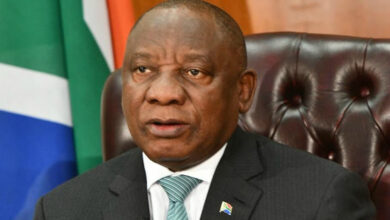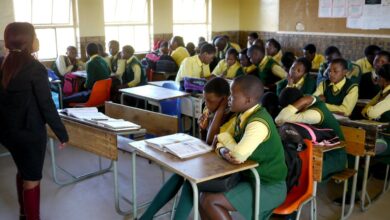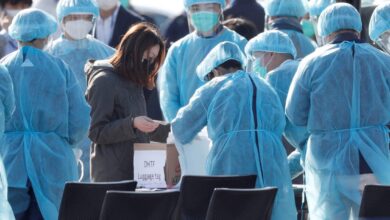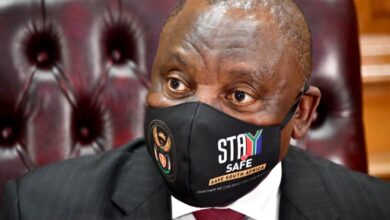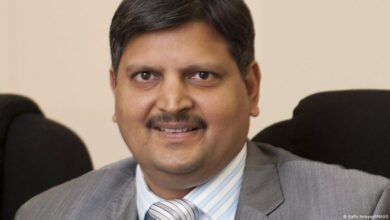South Africa
South African President Ramaphosa Admits ANC’s Mistakes Before Zondo Commission
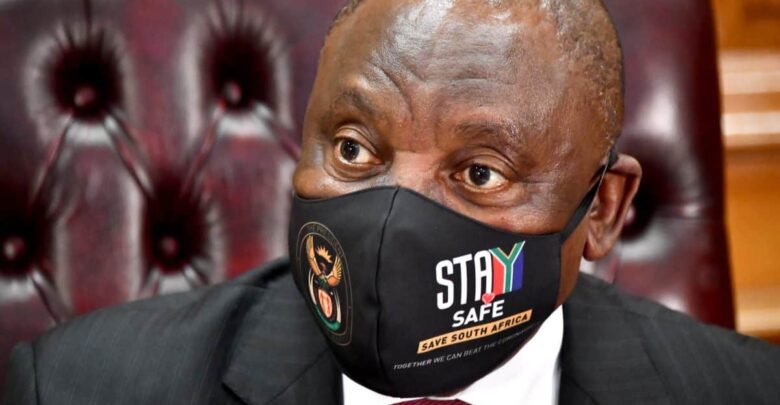
South African President Cyril Ramaphosa on Wednesday admitted to the Zondo Commission that the country’s ruling party could have done more to halt state graft under his predecessor Jacob Zuma, reported Africa News.
Ramapohosa was Zuma’s deputy president from 2014 until 2018. He took over as the president in 2018 and won a presidential election the following year.
During an appearance before the Zondo Commission, Ramaphosa said graft had eroded constitutional values and undermined the rule of law.
“We all acknowledge that the organization could and should have done more to prevent the abuse of power and the misappropriation of resources that defined the era of state capture,” the South African President told the panel probing alleged state looting.
He said the ANC definitely made several mistakes and failed to live up to the expectations of the people of South Africa in relation to enforcing accountability.
The Zondo inquiry is probing allegations of corruption during Zuma’s nine years reign. The former South African president is accused of allowing businessmen close to him including the Gupta brothers- Atul, Ajay, and Rajesh- to influence policy, win lucrative government contracts, and were allegedly even able to choose cabinet ministers. Zuma and the Guptas have repeatedly denied the allegations against them.
Ramaphosa appeared before the inquiry commission in his capacity as the current leader of the African National Congress (ANC). A number of ministers and former ministers, elected officials, businessmen, and senior civil servants have already appeared before the commission.
The South African president admitted that the ANC had become aware of malfeasance and patronage within the state and within its own ranks over the years.
“State capture took place under our watch as the governing party,” he said, adding “It involved some members and leaders of our organization and it found fertile ground in the divisions, weaknesses, and tendencies that have developed in our organization since 1994.”
Ramaphosa is expected to continue testifying on Thursday, then return to the probe in his capacity as head of state in May.


